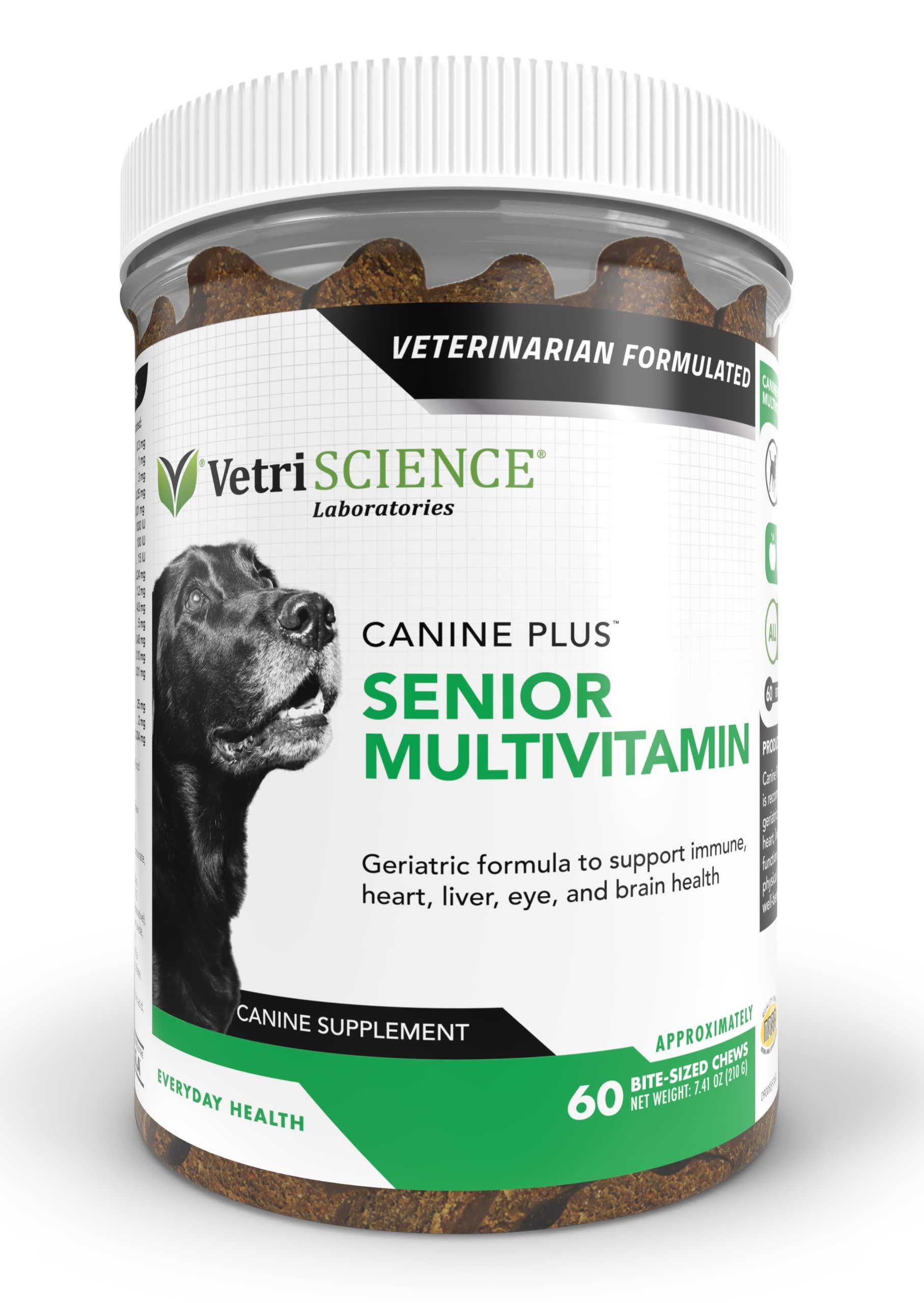Choosing the right vitamins for your beloved canine companion is a thoughtful step towards ensuring their health and vitality. Just like humans, dogs require a balanced intake of nutrients to thrive, and vitamins play a crucial role in supporting their overall well-being. Whether your furry friend is a playful puppy or a graceful senior, understanding their unique nutritional needs can be both rewarding and essential. In this guide, we’ll explore the key factors to consider when selecting vitamins for your dog, offering insights to help you make informed decisions that contribute to a long, happy, and healthy life for your four-legged family member. Let’s embark on this journey together, ensuring that your pet receives the best care possible.
Understanding Your Dogs Nutritional Needs
When it comes to your furry friend’s health, understanding which vitamins are essential can make a significant difference in their overall well-being. Every dog is unique, and their nutritional requirements can vary based on factors like age, breed, size, and activity level. Vitamins play a crucial role in maintaining a healthy coat, strong bones, and a robust immune system. Here are some key vitamins that you should consider:
- Vitamin A: Supports vision, skin health, and immune function.
- Vitamin B Complex: Vital for energy metabolism and maintaining a healthy nervous system.
- Vitamin C: Acts as an antioxidant and supports immune health.
- Vitamin D: Essential for bone health and calcium absorption.
- Vitamin E: Protects cells from oxidative damage and supports skin and coat health.
- Vitamin K: Important for blood clotting and bone metabolism.
It’s always a good idea to consult with your veterinarian before introducing new supplements to your dog’s diet, as they can provide personalized advice based on your dog’s specific needs. Remember, a balanced diet is key, and supplements should only fill the gaps that might be present in their regular food intake.

Identifying Essential Vitamins for Canine Health
When it comes to ensuring your furry friend’s health, understanding which vitamins are essential can be a game-changer. Dogs, like humans, require a balanced array of vitamins to maintain their vitality and well-being. Here are some key vitamins to consider:
- Vitamin A: Crucial for maintaining healthy skin and a shiny coat, Vitamin A also supports vision and immune function. Carrots and sweet potatoes are excellent sources.
- Vitamin B Complex: This group of vitamins supports energy production and brain function. Look for dog foods fortified with biotin, niacin, and riboflavin.
- Vitamin C: Although dogs can produce their own Vitamin C, additional supplementation can help boost their immune system and reduce inflammation.
- Vitamin D: Essential for bone health, Vitamin D helps regulate calcium and phosphorus levels. Fish oils are a great source of this vital nutrient.
- Vitamin E: This antioxidant helps protect cells from damage and supports skin health. It’s commonly found in vegetable oils and leafy greens.
To choose the right vitamins for your dog, consult with your veterinarian and consider their specific health needs, age, and lifestyle. Tailoring a vitamin plan for your canine companion can help ensure a long, happy, and healthy life.
Selecting Quality Vitamin Supplements for Your Furry Friend
When it comes to choosing vitamin supplements for your beloved dog, it’s essential to ensure you’re selecting products that truly benefit their health. Quality matters, and the right vitamins can support everything from their immune system to joint health. Start by consulting with your veterinarian to identify any specific nutritional needs or deficiencies your dog may have. This professional guidance is invaluable and will help tailor your choices to your pet’s unique requirements.
Here are some key factors to consider when selecting supplements:
- Ingredients: Look for natural, high-quality ingredients without unnecessary fillers or artificial additives.
- Certification: Choose supplements that are certified by reputable organizations, ensuring they meet high standards of quality and safety.
- Transparency: Opt for brands that are transparent about their sourcing and manufacturing processes.
- Reviews and Recommendations: Check for positive reviews from other pet owners and recommendations from trusted pet health professionals.
By prioritizing these elements, you can make informed decisions that support your furry friend’s health and happiness.
Consulting with Your Veterinarian for Tailored Advice
Every dog is unique, with its own specific health needs, lifestyle, and dietary requirements. Before introducing any new vitamins or supplements into your pet’s diet, it’s crucial to have a conversation with your veterinarian. They are your most reliable source of information when it comes to your furry friend’s health. A vet can offer insights into:
- Individual Health Needs: Understanding any pre-existing conditions or allergies that may affect which vitamins are appropriate.
- Current Diet Analysis: Identifying any nutritional gaps in your dog’s current food regimen.
- Breed-Specific Requirements: Some breeds may require additional supplements for optimal health.
By consulting with your veterinarian, you’re ensuring that the vitamins you choose will not only complement your dog’s existing diet but also promote their overall well-being. Their expertise can guide you towards the best options tailored specifically for your pet, fostering a healthier, happier life for your beloved companion.

